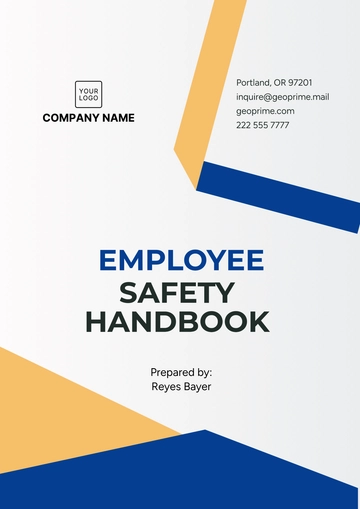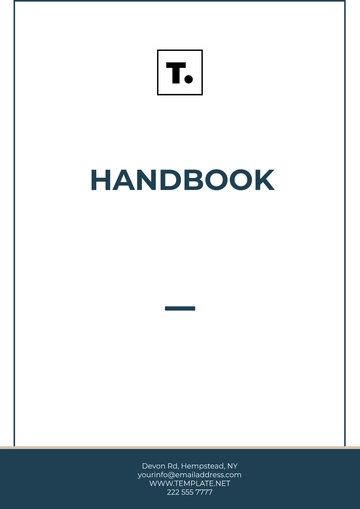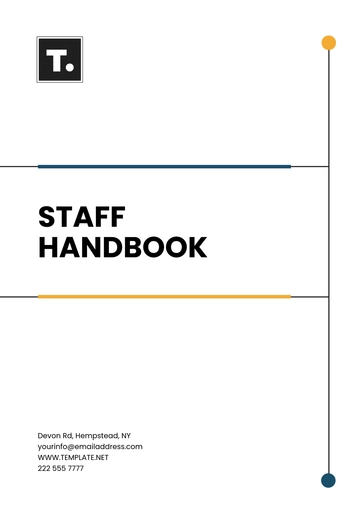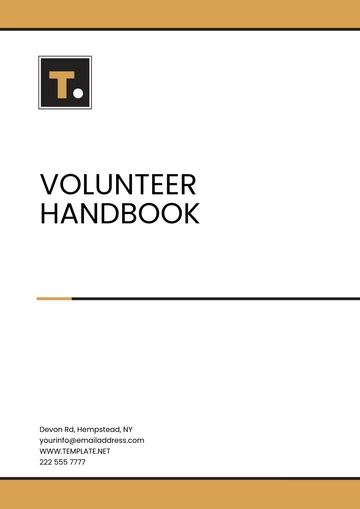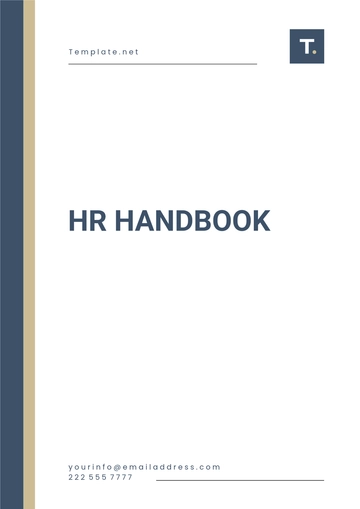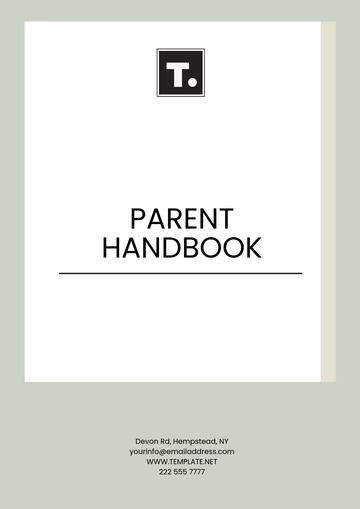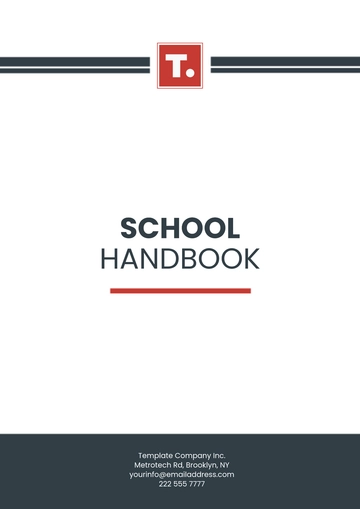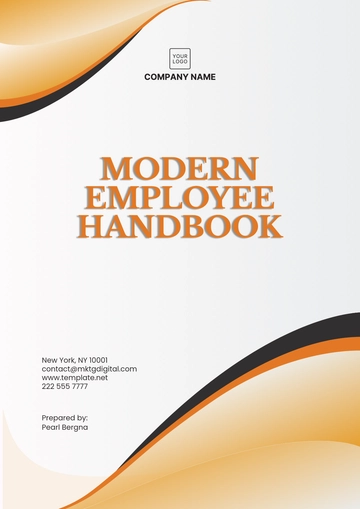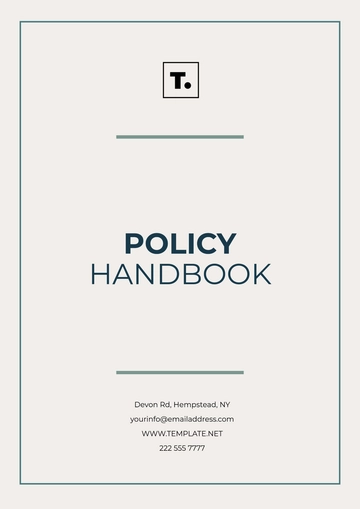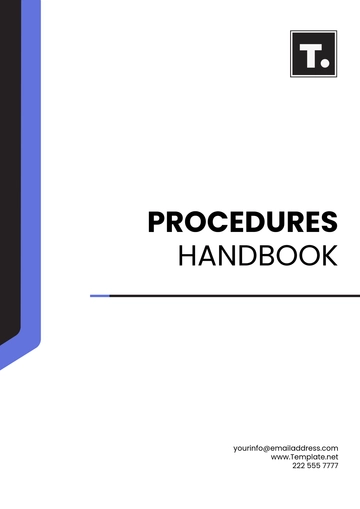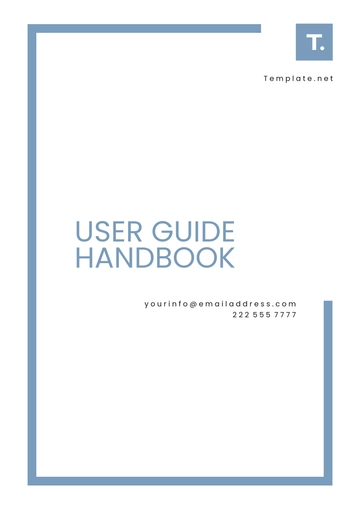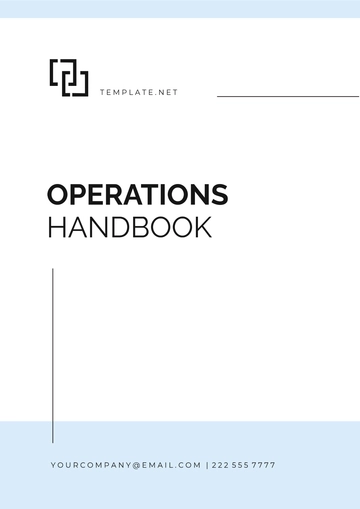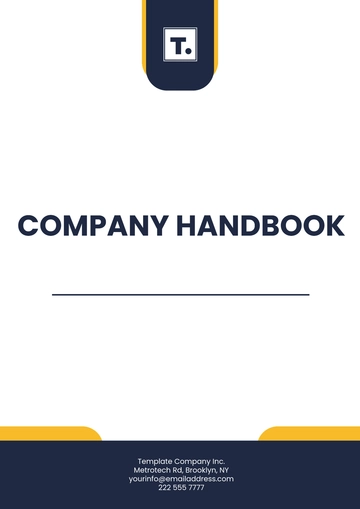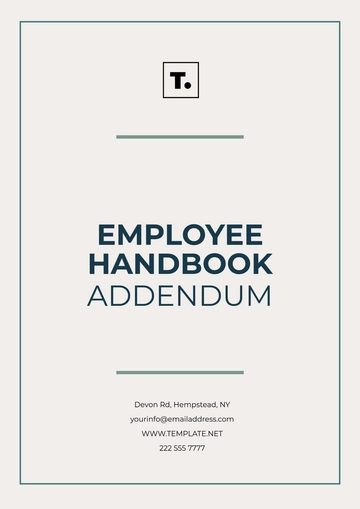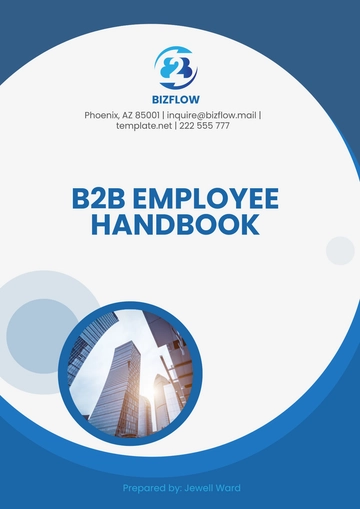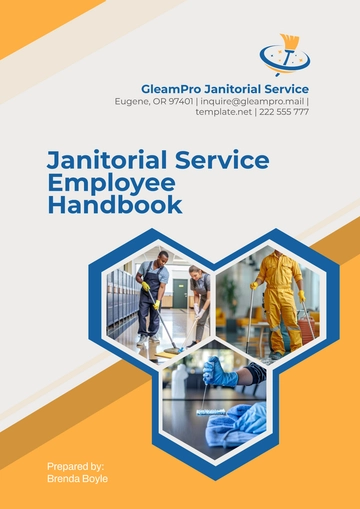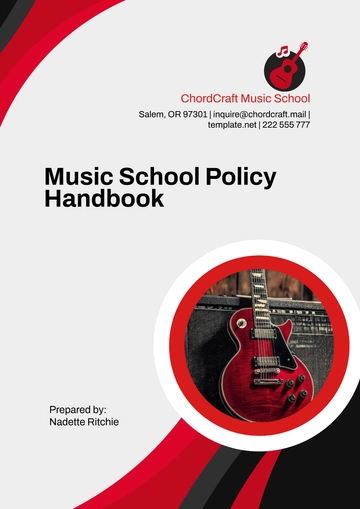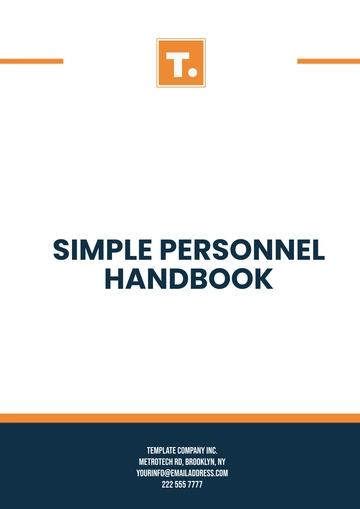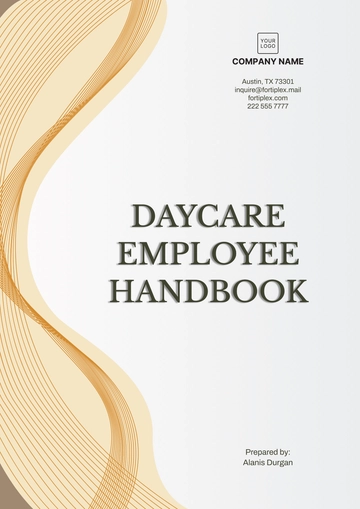Free Academic Advising Handbook

Compiled By | Department | Date |
|---|---|---|
[Your Company Name] | Academic Advising Office | [2050-01-15] |
I. Introduction
A. Purpose of the Handbook
The purpose of this handbook is to provide comprehensive guidance and information regarding academic advising at [University of Academic Excellence]. It outlines the roles, responsibilities, and expectations for both advisors and students.
B. Scope of the Handbook
This Handbook provides guidelines, educational procedures, and the roles and responsibilities of academic advisors. It does not replace the academic catalog or other institutional policies but serves as a supplement to those documents. All advisors are encouraged to familiarize themselves with the comprehensive regulations of [University of Academic Excellence] as they use this handbook.
II. Role of Academic Advising
A. Advisor Responsibilities
Academic advisors are responsible for several key tasks. These include interpreting academic policies, assisting with course selection, guiding students towards fulfilling graduation requirements, providing career advice, and referring students to appropriate institutional resources. Advisors are expected to maintain a proactive, informed, and compassionate approach to meet the diverse needs of students.
B. Student Responsibilities
Students are expected to actively engage with their academic advisors and take responsibility for their academic progress. This includes attending advising appointments, preparing questions, and following through on action plans discussed during advising sessions.
III. Advising Framework
A. Academic Advisor Assignments
Upon enrollment, students will be assigned an academic advisor based on their major or program of study. This advisor serves as a valuable resource throughout the student's academic journey, providing guidance on course selection, degree requirements, and career pathways. Students are encouraged to establish a rapport with their assigned advisor to maximize the benefits of academic support and mentorship.
B. Scheduling Advising Appointments
To schedule an advising appointment, students can use the Appointment Scheduling System or contact the Academic Advising Office directly. Advising appointments offer students personalized guidance tailored to their academic needs and goals. By proactively scheduling appointments, students can ensure timely assistance and stay on track towards achieving their educational objectives.
IV. Ethical Guidelines
Advisors are expected to adhere to the highest ethical standards. This includes maintaining confidentiality, promoting honesty, and avoiding conflicts of interest. Advisors should also strive to remain nonjudgmental and supportive, providing guidance based on the best interest of the students. All interactions should be conducted professionally and ethically to uphold the integrity of the advising process.
V. Academic Policies and Procedures
A. Course Registration
Detailed instructions on how to register for courses, including deadlines, prerequisites, and any special procedures.
B. Grading Policies
Information about grading systems, grade appeals, and academic standing policies.
VI. Resources and Support Services
A. Tutoring Services
The university offers a range of tutoring services and academic support resources to assist students in their studies. These include writing centers, subject-specific tutoring, and peer tutoring programs. Students can access these resources to receive additional help with coursework, improve study skills, and enhance their academic performance.
B. Career Services
The university's career services office provides comprehensive support to students in their career development journey. Services include career counseling sessions to explore career options, assistance with job searches and resume building, and opportunities for internships and experiential learning. Students can benefit from these services to clarify career goals, develop professional skills, and transition smoothly into the workforce.
VII. Advising Process and Appointment Scheduling
A. Appointment Procedures
Scheduling advising appointments is simple and convenient for students. They can utilize the university's online booking system to select available time slots that fit their schedule. Additionally, students can reach out to the Academic Advising Office directly to schedule appointments or inquire about walk-in advising hours.
B. Preparing for Advising Meetings
To make the most out of advising meetings, students are encouraged to prepare beforehand. This involves gathering relevant documents such as degree plans, transcripts, and course schedules. Additionally, students should come prepared with questions or topics they wish to discuss with their advisor, ensuring that the meeting is productive and focused on addressing their academic needs and goals.
VIII. Handling Student Concerns
The approach to handling student concerns must be strategic and compassionate. Advisors are often the first point of contact for students facing academic and personal challenges. It is crucial that advisors handle such situations with sensitivity and awareness, directing students to appropriate support services when necessary. Confidentiality must be maintained at all times, except in cases where disclosure is required by law or institutional policy.
IX. Appendices
A. Advising Forms
Sample advising forms, including academic planning worksheets and course registration templates.
B. Glossary of Terms
Definitions of commonly used academic advising terminology for reference.
C. Contact Information
Contact details for academic advisors, advising offices, and relevant university departments.
X. Revision History
Version | Date | Description | Author |
|---|---|---|---|
1.0 | [2050-01-15] | Initial release | [Your Name] |
1.1 | [2050-03-22] | Updated Policies Section | [Elijah Young] |
1.2 | [2050-05-10] | Added Resources Section | [Michael Brown] |
- 100% Customizable, free editor
- Access 1 Million+ Templates, photo’s & graphics
- Download or share as a template
- Click and replace photos, graphics, text, backgrounds
- Resize, crop, AI write & more
- Access advanced editor
Discover the ultimate Academic Advising Handbook Template on Template.net! This editable and customizable resource empowers academic institutions to streamline advising processes effortlessly. Crafted with precision, it's editable in our Ai Editor Tool, offering flexibility and ease in tailoring to specific institutional needs. Revolutionize academic advising today!

